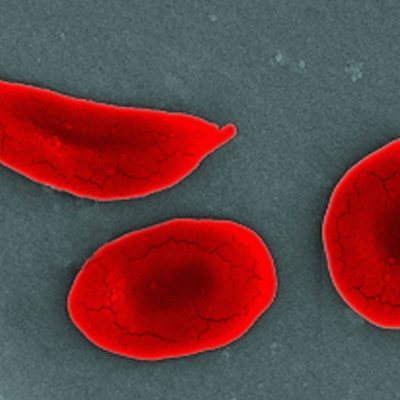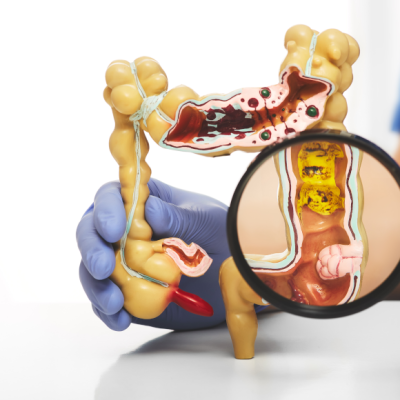Hair loss is a common problem among men, with 80% of middle-aged European men experiencing it at some point in their lives. While hair growth treatments like Finasteride exist, they can lead to permanent potency problems. Researchers at Northwestern University have discovered that hair follicle stem cells become stiffer and lose mobility as people age, leading to hair loss. They have developed a method to soften these cells and promote hair growth by increasing the production of a specific mRNA, miR-205. When genetically manipulated to produce more miR-205, hair growth was promoted in both young and old mice. The next step is to test whether topical administration of miR-205 can promote hair growth in mice, with the potential for future human trials.
Hair loss is a cosmetic problem that affects many men, particularly those who are shorter in stature. While hair growth treatments exist, they can have negative side effects. Researchers at Northwestern University have discovered that hair follicle stem cells become stiffer and lose mobility as people age, leading to hair loss. They have developed a method to soften these cells and promote hair growth by increasing the production of a specific mRNA, miR-205. When genetically manipulated to produce more miR-205, hair growth was promoted in both young and old mice. The next step is to test whether topical administration of miR-205 can promote hair growth in mice, with the potential for future human trials.
The researchers at Northwestern University have discovered a potential solution to hair loss by softening hair follicle stem cells. By increasing the production of miR-205, hair growth was promoted in mice. The next step is to test whether topical administration of miR-205 can promote hair growth in mice, with the potential for future human trials. This discovery could lead to a new treatment for hair loss that does not have negative side effects like current treatments.










